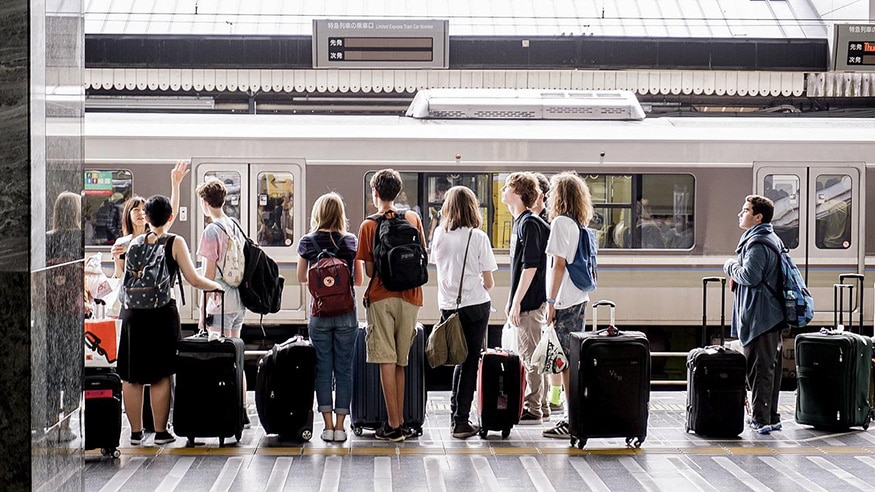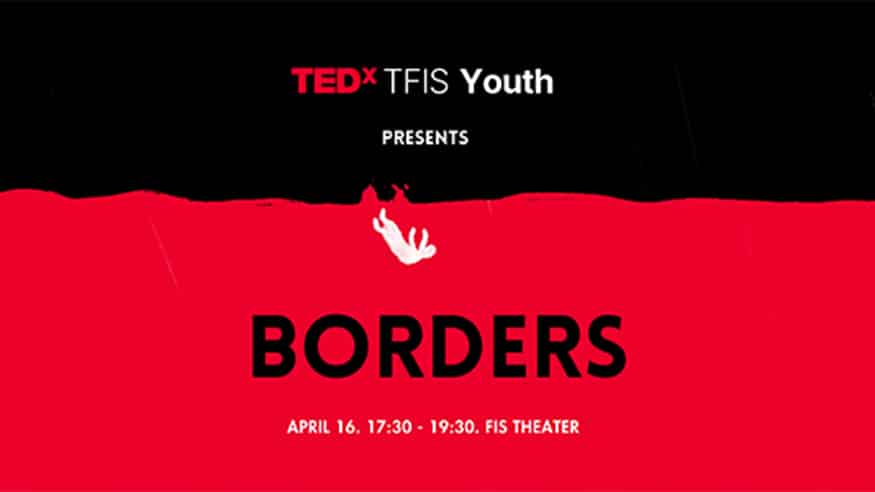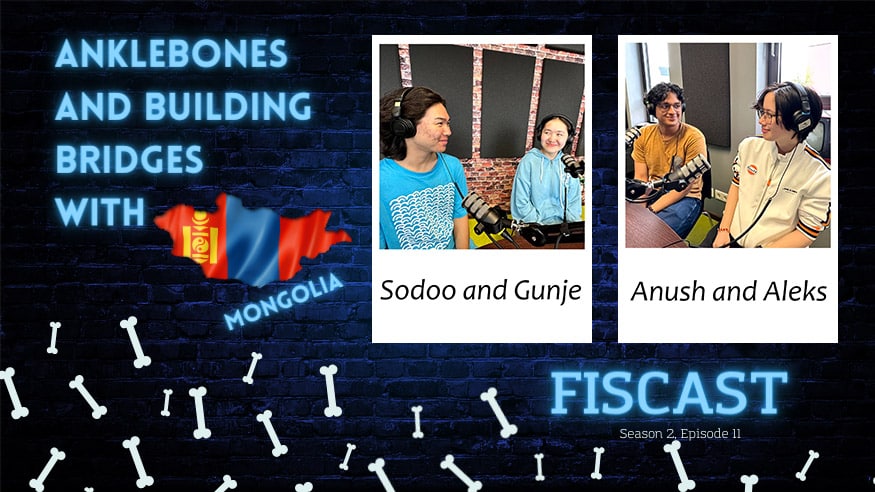As the 2022-23 school year comes to a close at the FIS, many members of the community are preparing for goodbyes – some because we’re off to new adventures in new places, and others, because we’re saying farewell to leaving friends and classmates.
In Third Culture Kids: Growing up among Worlds, David C. Pollock and Ruth van Reken share the concept of “building a RAFT” to support our children and ourselves as parents through global transitions. This model is actually a change model for transitions of all kinds, so it can also be applied to just about any transition that we experience.
For those community members who are saying farewell in the coming days, the RAFT model can support family conversations and planning at home.
R: Reconciliation
Help your child face any lingering interpersonal difficulties. Are there any conflicts that should be resolved? Help your child map out how they will resolve the issue; will they have an in-person conversation, write a letter, or make a phone call? It’s important for children and young people to consider that unresolved difficulties do not necessarily go away when we leave and this mental baggage can affect how we manage our future relationships.
A: Affirmation
Affirmation is appreciating and acknowledging who and what matters to us. The “Six Levels of Why” exercise can help us to identify the who and the what. We can start by asking ourselves and our children, “Who/what am I thankful for, in the time that we had in Germany / at the FIS / in our communities here?” Then ask ourselves six rounds of “Why?,” responding with “Because…” to mine deeper meaning. This can help us appreciate small positive aspects so that we can acknowledge and affirm them. Taking that a step further and affirming to those around us the positive impact they have had on our lives, helps to build and maintain our relationships. These simple affirmations are powerful positive energy.
F: Farewell
Saying goodbye is important as we prepare to move on, but it’s not just people that we may want to consider saying goodbye to.
People: verbalize goodbyes, take pictures, have a get-together, give thank-you notes or other tokens of friendship and appreciation Places: visit favorite spots, journal about special places, share photos in a collage or album
Things: take photos of what we cherish, keep an important object for memory’s sake, gift special items to special people if you can’t take them with you
T: Think Destination
Linda A. Janssen, who offers insights to globally mobile families in her book The Emotionally Resilient Expat – Engage, Adapt and Thrive Across Cultures, phrases “Think Destination” succinctly: “Only after reconciling, affirming and saying farewell, are we ready to turn our attention more fully to what comes next. It is important that we try not to impose undue expectations on what lies ahead; instead remaining open to what is to come.” Some questions to consider – What are the implications of the phrase, “You have to leave well to enter well?” What do we need, where we are going? What are some positives and negatives that can be anticipated with the change, and what are our supports in managing these? What are our expectations of what is to come? Are they realistic? Too high? Too low? Involving the kids in the planning, studying maps of the city, and collecting information about the new school together, can help the family to plan ahead together, to develop a picture of the next place, and to form an impression of how you’ll feel there.
Should you wish to discuss your child’s transition, please feel free to contact with your FIS Counselor at any point over the coming week. Best wishes to all for smooth transitions over the summer!
Michelle Ang
Secondary Counselor, Grades 11-12
Head of Wellbeing





